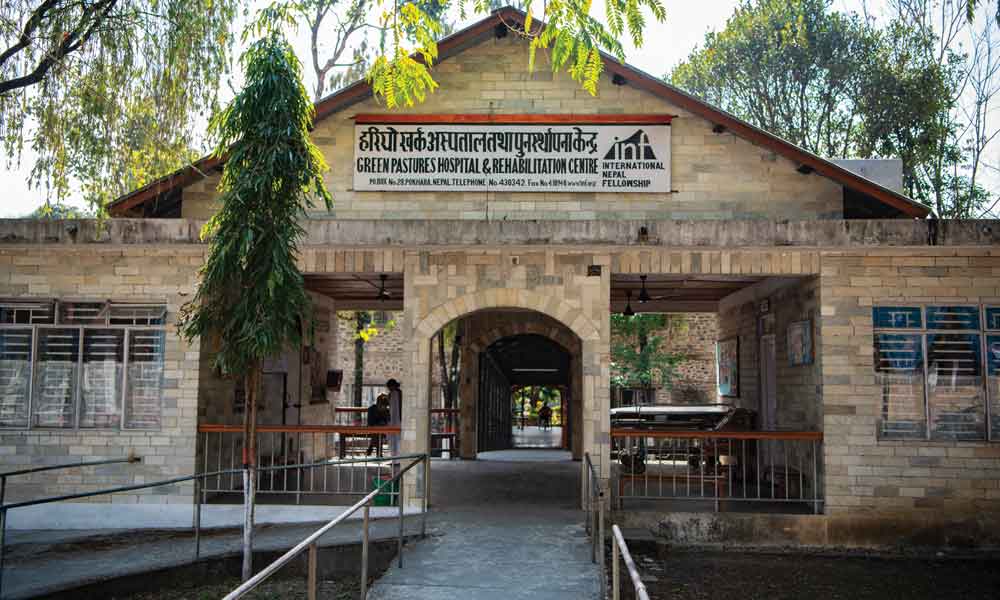Establishing an Emergency and Acute Care Service at Green Pastures Hospital and Rehabilitation Centre [GPHRC].
In 2015, ambitious new plans were designed and approved by the INF Nepal board for large-scale investment into GPHRC to upgrade and expand the facilities to ensure a technically excellent service going into the future. The core vision is that GPHRC will become a centre of excellence for the holistic care and prevention of disability, especially for the poor and marginalised. An important element to this vision is to establish an Emergency and Acute Care Service within the hospital so that we can provide a complete and specialised emergency treatment service to prevent disability.
Nepal does not have an established emergency response system for accidents and injury, which means that trauma patients often do not receive the emergency care they need. Many of these patients come to INF only after they have been to other hospitals, even some as far away as India. Other hospitals, without orthopaedic and rehabilitation specialists, are not able to provide the type of treatment that such patients need. Our staff often find that these patients have not received proper care which results in complications and significantly worsened disability. Sadly, we also see that these people have spent all their savings on unnecessary tests and ineffective treatment resulting in an increased burden of poverty on top of their disability.
Through the creation of an Emergency and Acute Care Service, INF’s GPHRC will be the only facility in Nepal that will be able to offer comprehensive treatment to people facing terrible disabilities. With this service, GPHRC will be able to deal with victims of trauma immediately after the incident and provide timely diagnosis and management of the issue, thus significantly reducing patients’ chances of developing further complications and helping to avoid the cycle of poverty.
The plan is to have a phased-in implementation up to a full 24-hour emergency service. As the patient flow increases and the clinical capacity increases as well, the Emergency Service will be slowly increased until the service is fully functioning and we can operate a full 24-hour service.
GPHRC has a new ambulance to help prepare for the establishment of this service. There will be on-call physicians and on-duty staff to receive trauma patients, allowing for them to have specialised handling and appropriate treatment immediately, including operations if necessary.
This article is featured in the latest issue of Today in Nepal and was written by INF staff member Nalome Rongong, she leads the funding team of GPHRC as Funding and Marketing Manager.



